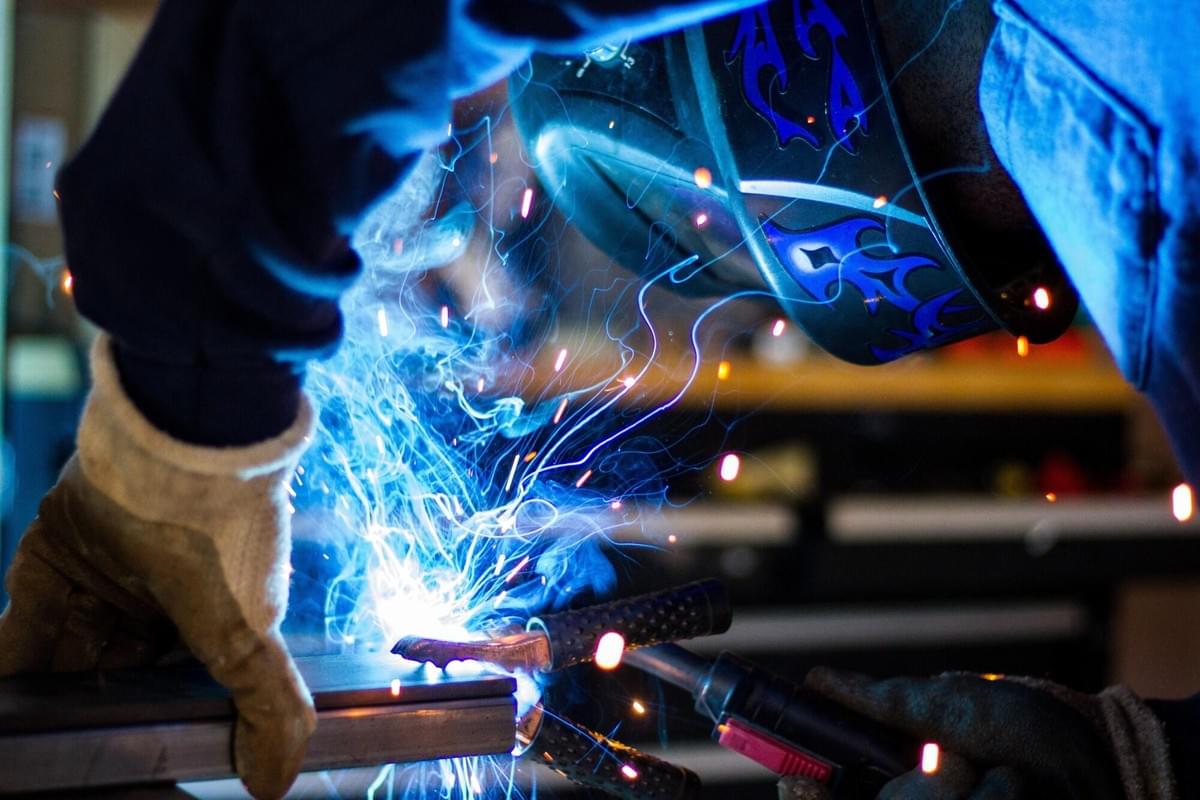
Welding is an essential procedure in countless markets, including building and construction, production, and aerospace. The integrity of welds can dramatically impact the efficiency and safety and security of crafted structures. Consequently, the role of a Certified Welding Examiner (QWI) is vital in ensuring that welds fulfill market standards and specifications. This blog post checks out the responsibilities, qualifications, and value of having a QWI in various jobs.
A Certified Welding Assessor is charged with looking after the welding refines to guarantee that every weld is performed complying with recognized codes and standards. The qualified welding inspector services consists of inspecting weld joints, reviewing welding procedures, and carrying out examinations to verify the top quality and stamina of welds. The examiner's eager eye for information helps determine potential issues early in the welding process, potentially conserving companies from pricey rework or safety hazards in the future.
To end up being a Certified Welding Examiner, people have to undertake details training and accreditation processes. The American Welding Society (AWS) is among the leading companies that offer qualification programs for welding examiners. Generally, prospects need to have a mix of education, welding experience, and pass an extensive evaluation to get their QWI accreditation. Constant education and learning and re-certification are additionally essential to keep assessors upgraded with the latest industry standards and technological innovations in welding.
The relevance of having a Qualified Moore Weld Professional Services can not be overemphasized. In industries where accuracy and security are vital, having a QWI ensures that all welding job meets stringent high quality regulations. This not only aids keep the architectural integrity of tasks yet also boosts the total online reputation of a company when it pertains to delivering high-grade work. Additionally, a QWI plays an indispensable duty in mitigating dangers related to welding failings, which can cause substantial financial loss and harm to human lives.
Finally, the function of a Certified Welding Assessor is essential for ensuring welding high quality and compliance with sector criteria. Their knowledge helps keep high security levels in design projects and safeguards both people and investments. For firms looking to improve their welding techniques, investing in qualified assessors is not just a regulative need however a tactical benefit too. You can learn more about this topic here: https://en.wikipedia.org/wiki/Welding.